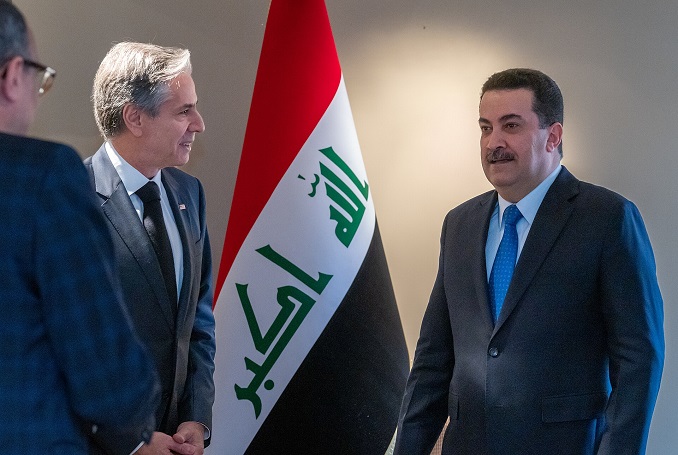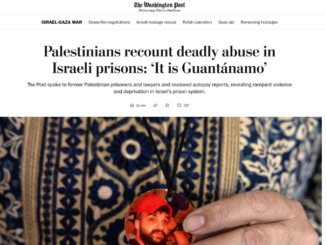
At a ‘peace summit’ in Cairo, Iraqi Prime Minister Mohammed Shia al-Sudani made a strong statement regarding the ongoing Israeli aggression on Gaza.
But considering the existing fears that some Middle East nations might reduce, or even cut oil supplies to the West, al-Sudani’s statement on energy supplies received particular attention in western media.
The Iraqi leader reportedly warned that supplies of Middle East oil to international markets could be disrupted if the war between Israel and Palestinian Resistance in Gaza escalates to the point of involving other countries in the region.
The conflict will “impact global security, escalate regional conflict, jeopardize energy supplies, exacerbate economic crises, and invite further conflicts,” the Associated Press quoted al-Sudani as saying on Saturday in Cairo.
Al-Sudani called for an immediate cease-fire and a prisoner swap to bring an end to the bloodshed. He argued against displacing Palestinian civilians out of the Gaza Strip, saying, “the Palestinians have no other place but their land.”
His position is consistent with the position of all important political actors in the region, namely Egypt, Jordan and Saudi Arabia.
The Iraqi Prime Minister said that the current crisis could have been averted if United Nations Security Council resolutions against Israel’s illegal settlement policies in the occupied Palestinian territory had been respected.
Al-Sudani’s warning comes amid western concerns that Middle East countries could cut off oil exports to the West in response to a possible Israeli ground offensive in besieged Gaza.
Iran Leading the Way
Iranian Foreign Minister Hossein Amir-Abdollahian roiled energy markets on Wednesday, when he called for Muslim countries to impose an “immediate and complete” oil embargo on Israel.
If Middle East countries, or at least some of them, carry out such a move, it would be a repeat of the 1973 Arab oil embargo against the US and other western countries that supported Israel in its war against Arab countries.
Though the impact is unlikely to be a direct shortage of US access to energy sources, a decision of this kind could in fact impact the energy market as a whole, which is already volatile due to the Russia-Ukraine war.
The Gaza war could push prices higher, “which is definitely bad news for inflation,” International Energy Agency executive director Fatih Birol told AP.
Brent crude, a key international oil benchmark, is currently trading around $93 per barrel, up from $85 before the war.
The Palestinian Resistance movement, Hamas is backed by Iran, which ranks as the world’s eighth-largest oil producer.
Even without support from other major exporters for an embargo, Tehran, on its own, has the potential to significantly disrupt markets.
Additionally, about one-third of the world’s seaborne oil shipments pass through the Strait of Hormuz, which connects the Persian Gulf to the Gulf of Oman and the Arabian Sea.
So, to answer the original question, al-Sudani didn’t outright threaten to cut oil supplies to the West. But considering the overall, complex situation in Gaza, and the close political proximity between Iraq and Iran, the Iraqi warning could evolve into more than mere warnings, possibly in the near future.
(RT, PC)







